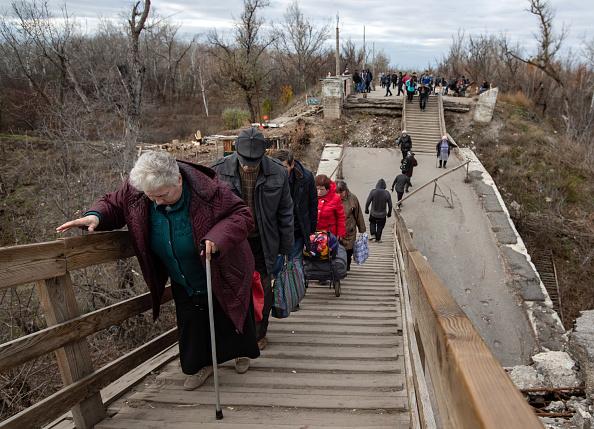New WHO Report Calls Out Global Impacts of Ageism

A groundbreaking report released on March 18 and led by the World Health Organization (WHO) calls out ageism for what it is: a socially-acceptable form of discrimination that impacts older people’s livelihoods, health, and even survival.
The report finds that one in two people globally have ageist attitudes about older people.
The trend is more prevalent in lower-middle-income countries, where nearly half the world’s population lives. According to the report, which includes a systemic review of academic research, ageism can be manifested through laws and policies that allow for the exclusion of older people, as well as societal norms and perceptions. It also shows the impact government failures to address ageism have on older people’s human rights, including their rights to the highest attainable standard of health and an adequate standard of living. Ageism can undermine older people’s ability to access healthcare, find and retain employment, and get credit or loans. Ageism may even increase older people’s vulnerability to violence and abuse. None of this should come as a surprise: Human Rights Watch has extensively documented human rights violations against older people, from policies preventing them from accessing pensions in eastern Ukraine to the inappropriate and nonconsensual use of antipsychotic drugs in nursing homes in the US and Australia. During the Covid-19 pandemic, the cost of longstanding policies that fail to protect older people has become even more clear. A July 2020 report by Claudia Mahler, the United Nations independent expert on the enjoyment of all human rights by older persons, found that the pandemic “drastically amplified prevalent ageism.” Law and policies at national and international levels guaranteeing the rights of older people are crucial to ending ageism.
There is no dedicated international legal instrument to protect the human rights of older people. On March 29, the UN Open-Ended Working Group on Ageing (OEWG) will meet for the 11th time. It should finally start drafting a convention on the rights of older people, as civil society groups have advocated for many years, as a clear commitment to end ageism around the world.
Read the full article at the original website
References:
- https://cdn.who.int/media/docs/default-source/2021-dha-docs/9789240016866-eng.pdf?sfvrsn=7375d0b8_7&download=true
- https://www.hrw.org/news/2020/01/24/ukraine-people-limited-mobility-cant-access-pensions
- https://www.hrw.org/report/2018/02/05/they-want-docile/how-nursing-homes-united-states-overmedicate-people-dementia
- https://www.hrw.org/report/2019/10/15/fading-away/how-aged-care-facilities-australia-chemically-restrain-older-people
- https://www.hrw.org/news/2021/03/04/covid-19-exposed-need-protect-older-peoples-rights
- https://undocs.org/A/75/205
- https://rightsofolderpeople.org/webinar-report-time-for-a-un-convention-on-the-rights-of-older-people/
